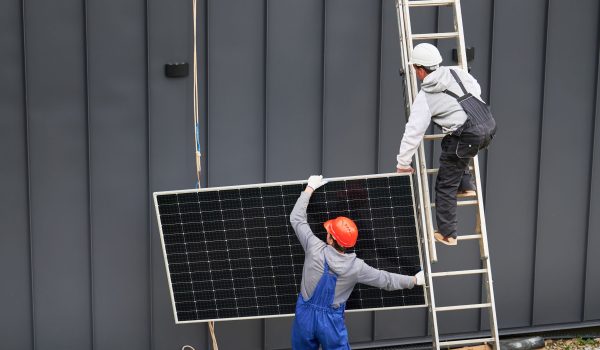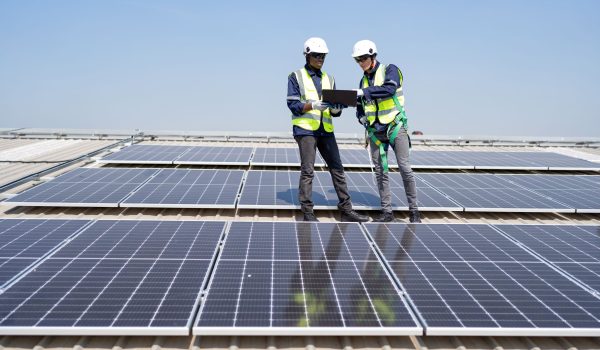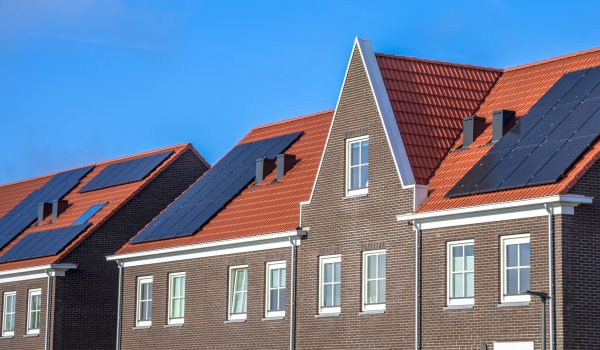Solar electric cooking in Africa
Where will the transition happen first?
Whilst the rapid spread of solar photovoltaics (PV) across Africa has already transformed millions of lives, it has yet to have an impact on the main energy need of poor households: cooking. In the context of falling global PV prices, recent advancements in battery technology and rising charcoal/fuelwood prices in severely deforested regions, the door is opening for a potentially transformative alternative – solar electric cooking (PV-eCook).
While initial investigations focused on solar home systems sized for cooking (cooking device, battery storage, charge controller and PV array), it has since been shown that battery-supported electric cooking (eCook) can also strengthen national, mini, micro and nano grids. This paper presents a multi-criteria decision analysis (MCDA) based methodology, accounting for a wide variety of socio-cultural, political, technical and economic factors which are expected to affect the uptake and potential impact of eCook across a variety of African contexts.
It shows the concept has considerable viability in many African countries, that there are significant sizeable markets (millions of potential users), and that within the next five years the anticipated costs of eCook are highly competitive against existing ‘commercialised polluting fuels’.
Other relevant publications
Environmental analysis of end-of-life scenarios for decommissioned PV modules
A study and environmental analysis of the different scenarios for decommissioned solar panels.
Recycling of solar panels
RIVM has detailed four options for recycling the glass, solar cells and back sheets of solar panels.
Balancing costs and revenues for recycling end-of-life PV panels
What the current solar panel recycling process looks like, and whether this is a sustainable practice in the future







